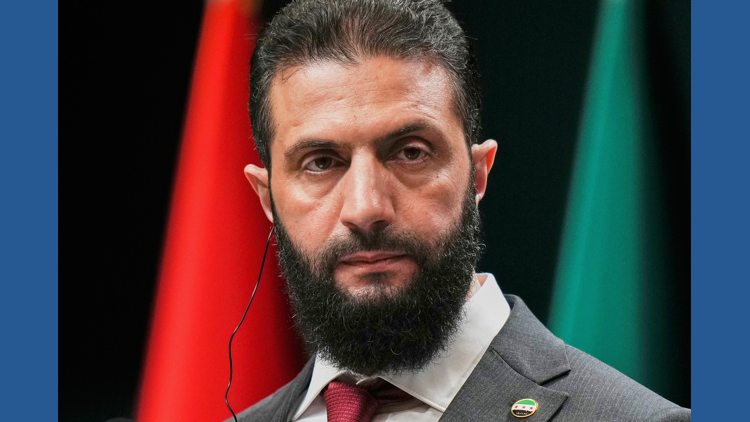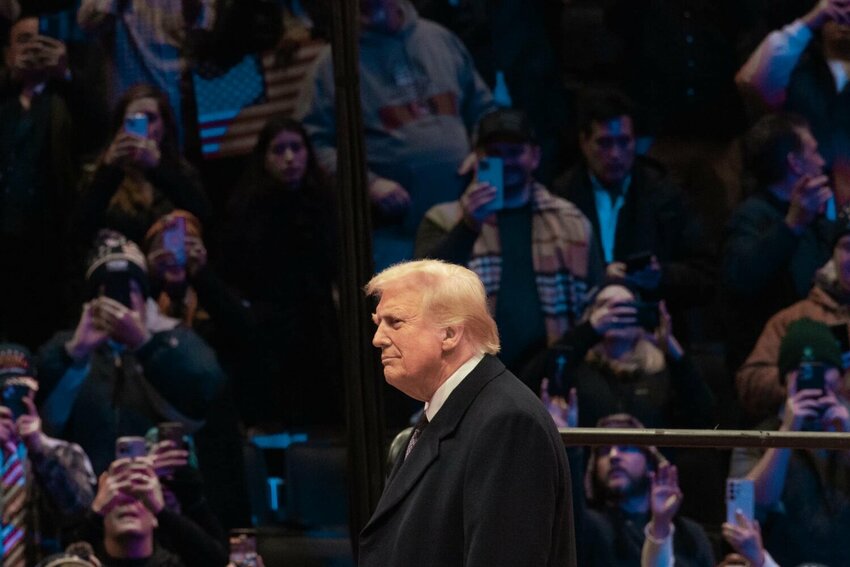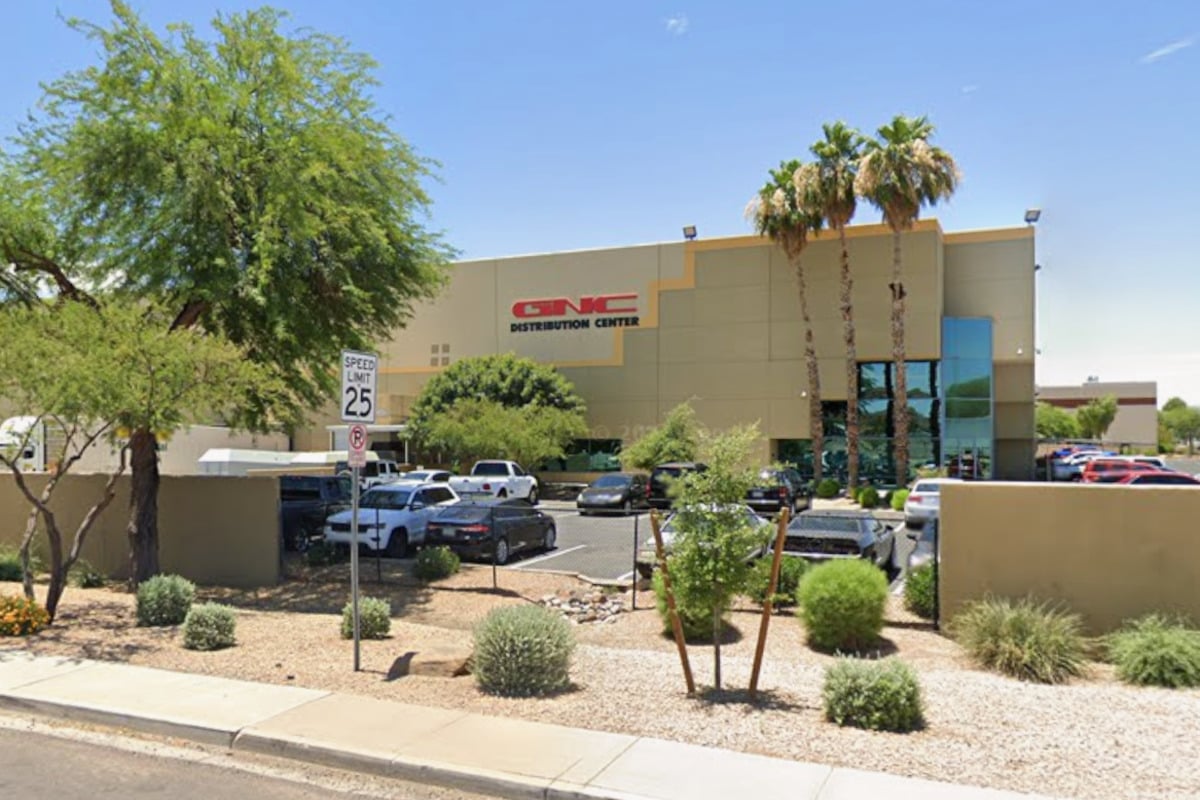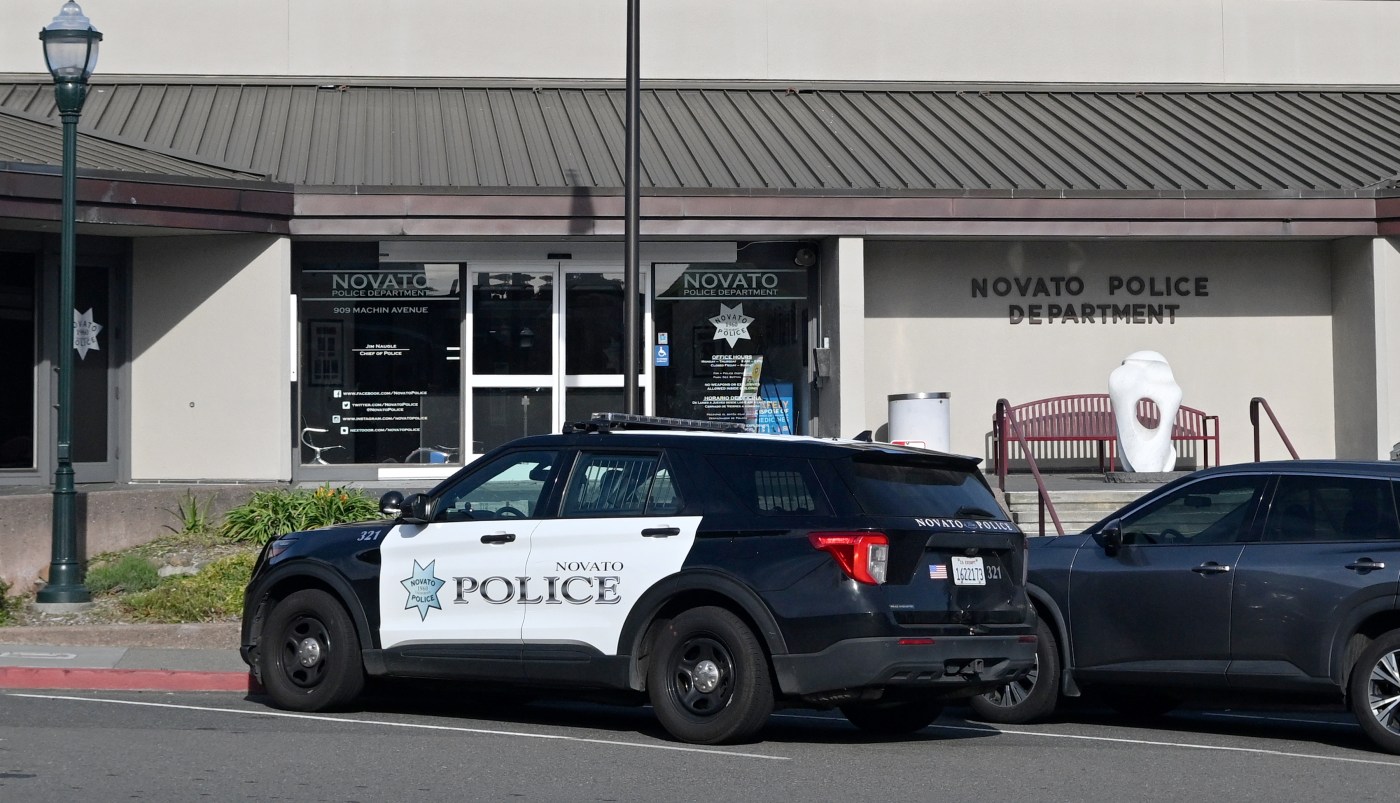
FILE - Syria's interim President Ahmad al-Sharaa looks on during a press conference in Ankara, Turkey, Feb. 4, 2025. (AP Photo/Francisco Seco, File)
President Donald Trump welcomed Syrian President Ahmad al-Sharaa to the White House on March 25, 2024, marking a significant moment in U.S.-Syria relations. This meeting is historic, as it is the first visit by a Syrian head of state to the White House since Syria gained independence from France in 1946. The visit comes as part of a broader U.S. initiative to incorporate Syria into a coalition aimed at combating the Islamic State group.
Al-Sharaa’s emergence onto the international stage follows his leadership of rebel forces that ousted former President Bashar Assad last December. He was subsequently appointed as the interim leader of Syria in January 2024. This meeting also signifies a shift in U.S. policy, as sanctions imposed on Syria due to the Assad regime’s actions have recently been lifted.
Trump and al-Sharaa’s relationship began in May 2023 during a meeting in Saudi Arabia. At that time, Trump characterized al-Sharaa as a “young, attractive guy. Tough guy. Strong past, very strong past. Fighter.” This sentiment reflects a remarkable turnaround in the U.S. stance towards Syria, which had been largely isolated since the early 2000s, when former President Bill Clinton met with Hafez Assad, Bashar’s father.
New Opportunities and Ongoing Challenges
White House Press Secretary Karoline Leavitt emphasized that the visit aligns with Trump’s diplomatic efforts to engage globally in pursuit of peace. Trump has publicly noted that al-Sharaa is “doing a very good job so far” and acknowledged the “lot of progress” made in Syria since the easing of sanctions.
One official familiar with the administration’s plans indicated that Syria’s inclusion in the coalition against the Islamic State will facilitate closer collaboration with U.S. forces. This development is significant, as the new Syrian military and the Kurdish-led Syrian Democratic Forces have already been engaged in combat against the group.
In conjunction with al-Sharaa’s visit, the United Nations Security Council voted to lift sanctions on the Syrian president and other officials, a decision hailed by Mike Waltz, the U.S. Ambassador to the U.N. He described it as a clear indication that Syria is entering a new era following Assad’s downfall.
Al-Sharaa aims to secure a permanent repeal of sanctions that have long been imposed on Syria amid serious allegations of human rights abuses by the Assad administration. While President Trump has currently waived the sanctions under the Caesar Act, a permanent repeal would necessitate Congressional action.
Two proposals are under consideration. One, presented by Senator Jeanne Shaheen, the leading Democrat on the Senate Foreign Relations Committee, seeks to eliminate sanctions without conditions. Conversely, Senator Lindsey Graham, a Republican ally of Trump, advocates for a conditional repeal, which would entail a review every six months. Advocates for a comprehensive repeal warn that conditional measures may inhibit foreign investment in Syria due to potential sanction risks.
Mouaz Moustafa, Executive Director of the Syrian Emergency Task Force, remarked that conditional sanctions would create a “hanging shadow” over any initiatives aimed at rebuilding the country.
As discussions unfold, the outcomes of the meeting between Trump and al-Sharaa will likely shape the future of U.S.-Syria relations and impact the broader geopolitical landscape in the Middle East.







